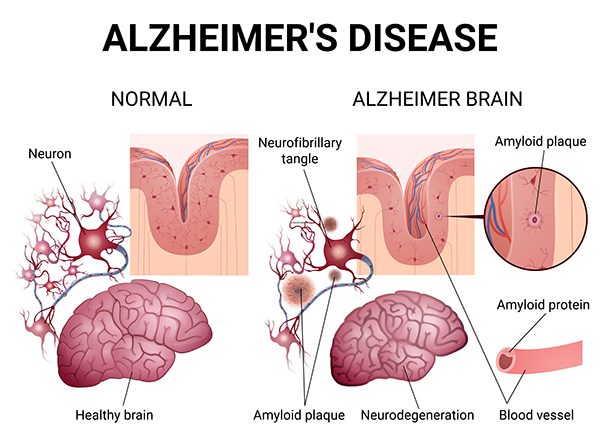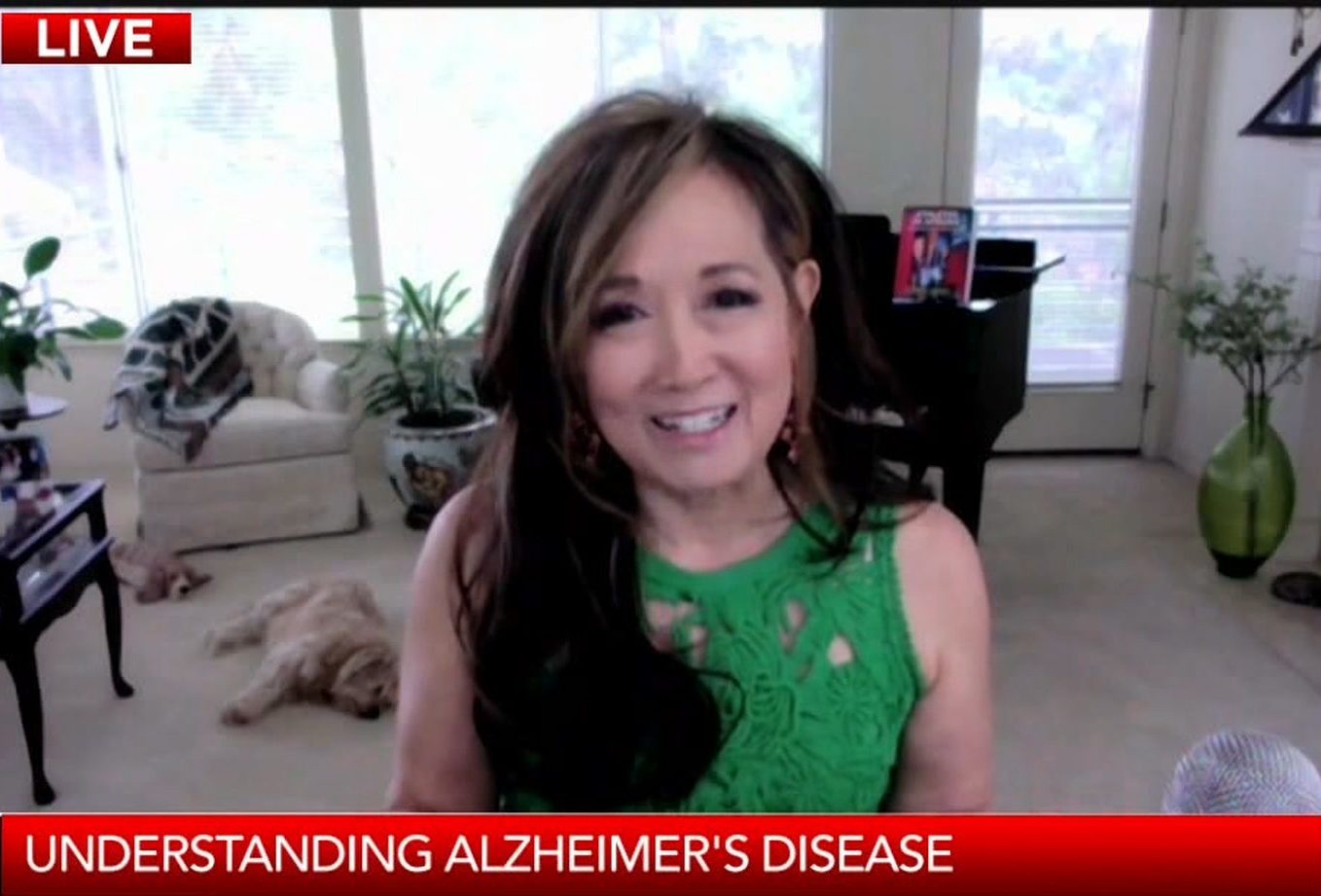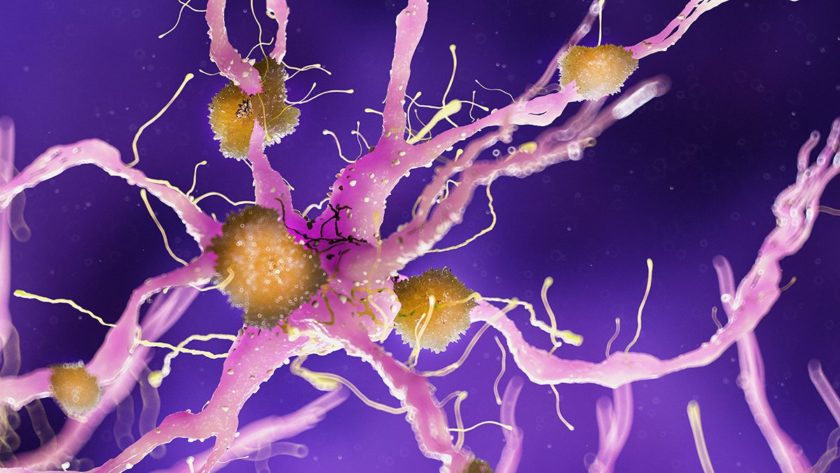Did you know nearly 700,000 Californians and 6.5 million Americans are living with Alzheimer’s disease?
Alzheimer’s vs Dementia: Which Is It?
The terms “dementia” and “Alzheimer’s” are often used interchangeably, but they have very different meanings.
DEMENTIA:
- Dementia is the name of a group of symptoms. It is a not a disease per se, but a syndrome that affects cognition function.
- Dementia is the stage when brain cells are dying, and is usually irreversible.
- To be called dementia, the symptoms must be severe enough that it disrupts a person’s ability to independently perform activities of daily living. For example, forgetting where you put your car keys once in a while is not dementia.
- This syndrome is caused by various conditions, such as Alzheimer’s disease, Parkinson’s disease, stroke, depression, Lyme disease, and AIDS.
ALZHEIMER’S:
- Alzheimer’s disease is a specific brain disorder (falling under the umbrella of dementia) that progressively and irreversibly destroys memory, thinking skills, and affects behavior.
- Alzheimer’s disease is named after a German physician, Aloïs Alzheimer, who first described it in 1906.

Alzheimer’s is characterized by amyloid plaques and tangled bundles of fibers in the brain - Alzheimer’s is characterized by two abnormalities: 1) neuron-destroying clumps (amyloid plaques) and 2) tangled bundles of fibers (neurofibrillary tangles or tau) in the brain.
- Alzheimer’s is the most common form of dementia, accounting for 60 to 80% of dementia cases.
Early Diagnosis is Key
There are many causes for dementia symptoms, which determines how it is treated.
To diagnose Alzheimer’s, doctors must use a variety of assessments and laboratory measurements since there is no single test that can diagnose Alzheimer’s with 100% accuracy. See KRON 4 | Smell Test to Detect Alzheimer’s
Top 10 Signs and Symptoms of Alzheimer’s
Know what’s normal and what’s not:
1. Memory loss
Normal: Forgetting names or appointments occasionally.
2. Difficulty performing familiar tasks (e.g., preparing a meal, placing a phone call)
Normal: Occasionally forgetting why you walked into a room.
3. Forgetting simple words or names of everyday objects
Normal: Forgetting what you planned to say
4. Disorientation to time and place
Normal: Forgetting the day of the week or where you parked your car.
5. Poor or decreased judgement(e.g., dressing inappropriately or giving away large sums of money to telemarketers)
Normal: Making a questionable decision from time to time.
6. Forgetting what numbers are for and how they are used
Normal: Finding it challenging to balance a checkbook.
7. Placing things in inappropriate places
Normal: Misplacing keys or wallet temporarily.
8. Rapid swings in mood or behavior
Normal: Feeling sad or moody on occasion.
9. Dramatic changes in personality
Normal: It’s normal for personalities to change somewhat with age.
10. Loss of initiative
Normal: Feeling overworked and occasionally opting out of social obligations.
For more information, go to The Fisher Center for Alzheimer’s.

Karen’s Fit Tip: While researchers have been unable to find a cure for Alzheimer’s or another dementia, the new research is now proving there are ways to preserve brain health, which we’ll be covering in our next health segment.

